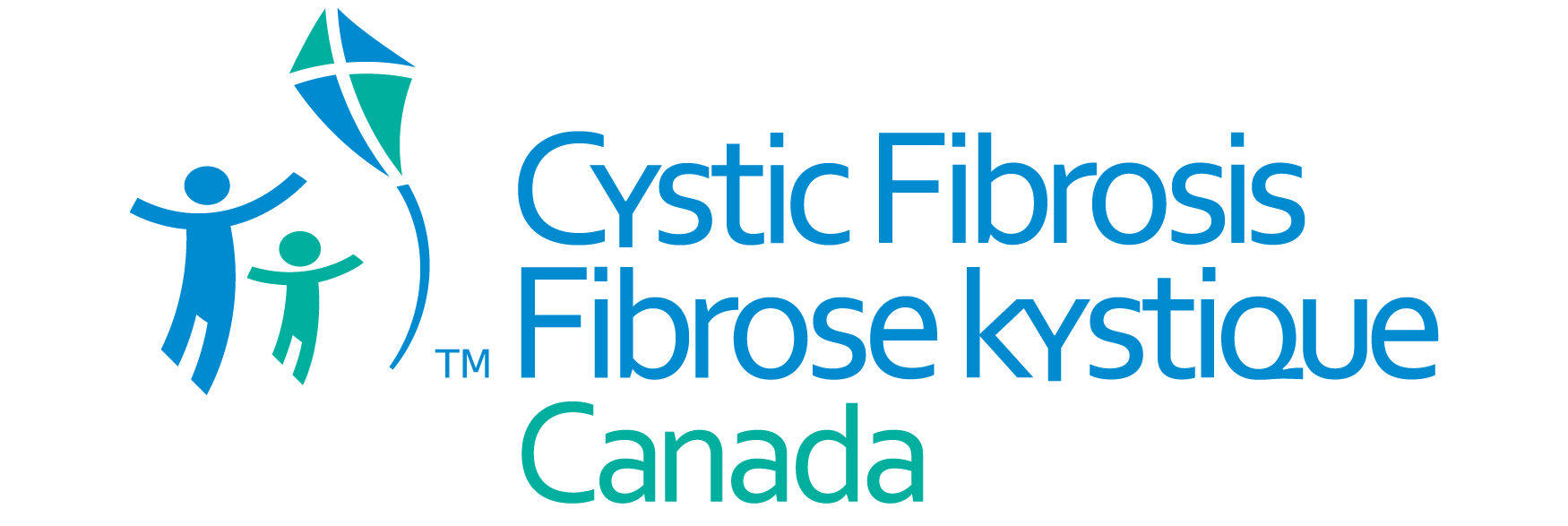Health Canada approves CF drug Alyftrek for Canadians with Cystic Fibrosis
August 14, 2025Share this:
TORONTO, August 14, 2025 – On July 22, 2025, Health Canada approved the new cystic fibrosis drug Alyftrek for people in Canada with cystic fibrosis aged six and older with the most common CF mutation, F508del, and for those with at least one responsive mutation in the CFTR gene. This approval could mean access to a potentially life-changing treatment for some Canadians who were previously ineligible for modulator therapies like Trikafta.
Health Canada’s decision brings hope to some people in Canada with cystic fibrosis who do not currently have a modulator treatment available to them, however, Alyftrek will not treat all individuals who are not currently eligible for a modulator therapy. The drug may also be a treatment option for Canadians with cystic fibrosis who are eligible but cannot tolerate or who have had challenges with other modulator therapies, like Trikafta.
“Health Canada's approval of Alyftrek is the first therapeutic option for some people in our CF community. This could be their first time accessing a life transforming therapy ,” said Kelly Grover, President and CEO, Cystic Fibrosis Canada. “We have seen provinces and territories move quickly to fund CF drugs before, and today we ask for that same commitment for Alyftrek – as people with cystic fibrosis can’t wait.”
Alyftrek is a once-a-day triple combination modulator therapy comprised of deutivacaftor, vanzacaftor and tezacaftor. With similar outcomes as Trikafta, it targets CFTR protein defects caused by the F508del mutation or another mutation responsive to the drug. Clinical trials for Alyftrek have shown improvements in lung function comparable to those seen with Trikafta. Alyftrek has also been shown to reduce sweat chloride levels more than Trikafta, though the clinical significance of reduced sweat chloride in CF is not well understood.
Cystic Fibrosis Canada now calls on Canada’s Drug Agency (CDA) and Quebec’s Institut national d'excellence en santé et en services sociaux (INESSS) to recommend that public drug plans fund Alyftrek for the indications approved by Health Canada and any other mutations that may be found to respond to the therapy, and for private payers to add Alyftrek to their list of covered drugs and provide broad coverage. The recommendations from the CDA and INESSS are expected in the fall of 2025. Until drug plans fund Alyftrek more broadly, Canadians with these mutations remain in a state of uncertainty, waiting to access the treatment they need.
Alyftrek has already been approved by the United States Food and Drug Agency in December of 2024 and the United Kingdoms Medicines and Healthcare products Regulatory Authority in March of 2025.
